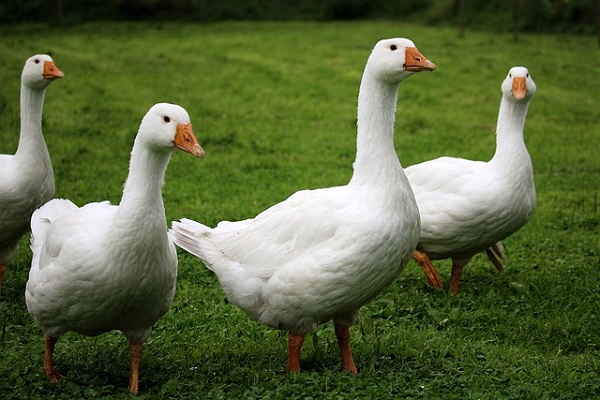 Credit: Pixabay
Credit: Pixabay
On Thursday 30 October 2025, the Luxembourg Ministry of Health and Social Security announced that following the discovery of nine dead grey cranes and a grey heron, testing positive for the highly pathogenic avian influenza virus, increased vigilance is required.
The ministry noted that this advice applies particularly to people who have professional or occasional contact with migratory birds, as well as farmed birds that may potentially be infected.
Avian influenza can rarely cause infections in humans. However, influenza viruses from different animal origins (avian, swine, or human) can reassort and form a new viral variant. Accordingly, the ministry recommends that people likely to be exposed to infected birds receive the seasonal flu vaccine to reduce the risk of co-infection, and thus the potential for viral reassortment.
Vaccination is strongly recommended for:
• veterinarians and their assistants;
• poultry farmers and farm staff;
• workers at slaughterhouses, and staff responsible for cleaning and disinfecting poultry facilities;
• staff of the Administration of Nature and Forests (ANF) and forestry workers likely to handle dead or sick wild birds;
• foresters and volunteers involved in managing rural events or hunting activities that include wild birds;
• wildlife personnel, including gamekeepers, ringers, and volunteers at animal care centres.
Vaccination can be administered by occupational health physicians, general practitioners or attending doctors.
According to the ministry, the following precautionary measures should be followed when discovering a potentially infected animal. Individuals handling wild birds should:
• always wear disposable gloves, preferably an FFP2 mask, and protective goggles;
• avoid any direct contact with sick or dead birds;
• report any discovery of a dead wild bird to the Luxembourg Veterinary and Food Administration (ALVA) or the ANF;
• wash hands thoroughly after any risk-related activity.








